In 1900 the Russian Empire was made up of approximately 150 million people. The majority lived west of the Ural Mountains, in European Russia, and had developed a deep pride in their customs and religion.
However, less than half the population of the Empire regarded themselves as true Russians, belonging to nationalities conquered by the European Russians of the west. They had their own languages and cultures.
Therefore, a major problem in governing Russia at this period was the deep resentment amongst many of the national groups towards their conquerors. A policy of ‘Russification’ (being forced to speak Russian, wear Russian clothing and adopt Russian customs) brought about widespread dissatisfaction.
Areas such as Finland, Poland and Latvia were overseen by Russian bureaucrats who ensured the Russian language was spoken in key areas such as law courts, schools and in local government.
In addition to seething resentments, divisions between national groups themselves exacerbated the situation.


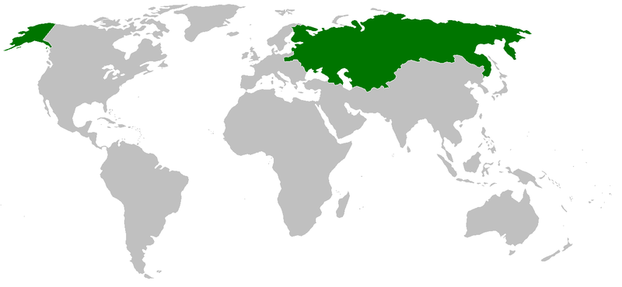
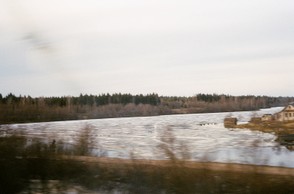
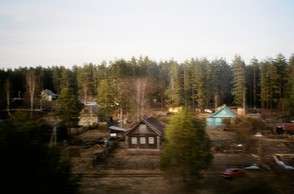
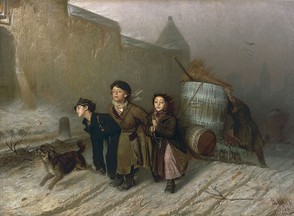
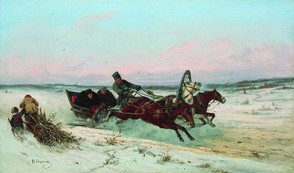
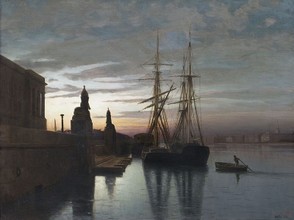
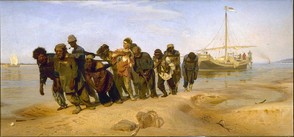



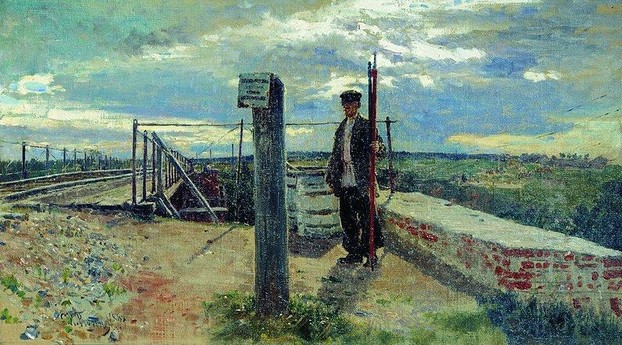
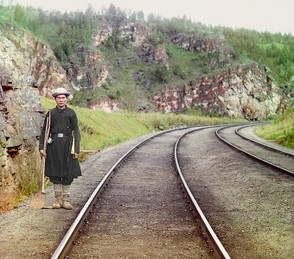



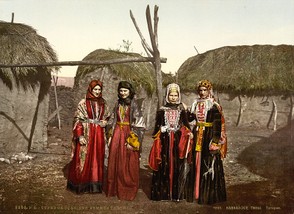
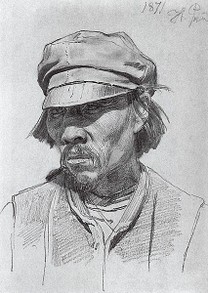
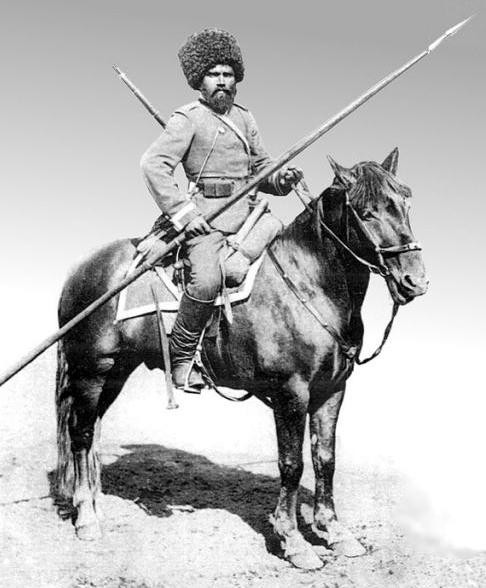




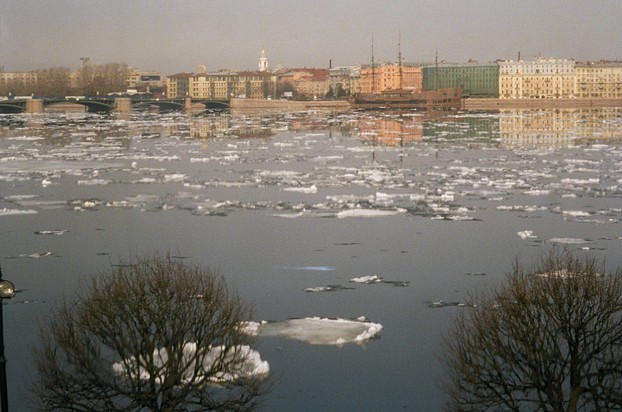
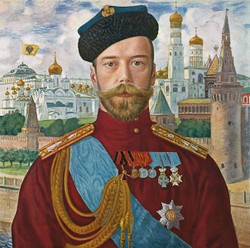

 How to Choose a Walking Cane or Stickon 08/01/2014
How to Choose a Walking Cane or Stickon 08/01/2014
 Michael Miller Fabulous Fabric Swatches for Quilting, Crafts etcon 07/02/2014
Michael Miller Fabulous Fabric Swatches for Quilting, Crafts etcon 07/02/2014
 The Drama of Life in the Rock Poolon 06/08/2014
The Drama of Life in the Rock Poolon 06/08/2014
 The Flâneur - Symbol of Modernity in 19th Century Parison 05/09/2014
The Flâneur - Symbol of Modernity in 19th Century Parison 05/09/2014


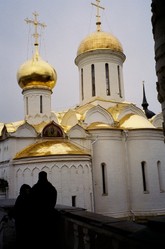
Comments
Jo - Thanks so much for the comment! Appreciated! :)
It fascinated me to see just how many people were subject to 'Russification'. Great article. Thank you.
I would love to do the Trans Siberian railway too - going to Russia was something I had always wanted to do - it was a great experience. so glad you found the article interesting. Thanks for your post! :-)
It was definitely a time of poitical and social turmoil leading eventually to one of the most important turning points of the 20th century. Great article. I enjoyed in particular the Trans-Siberian Railway and the suggested books. It is one of the my most promonent bucket list entries :) I just hope one day to take the ride!